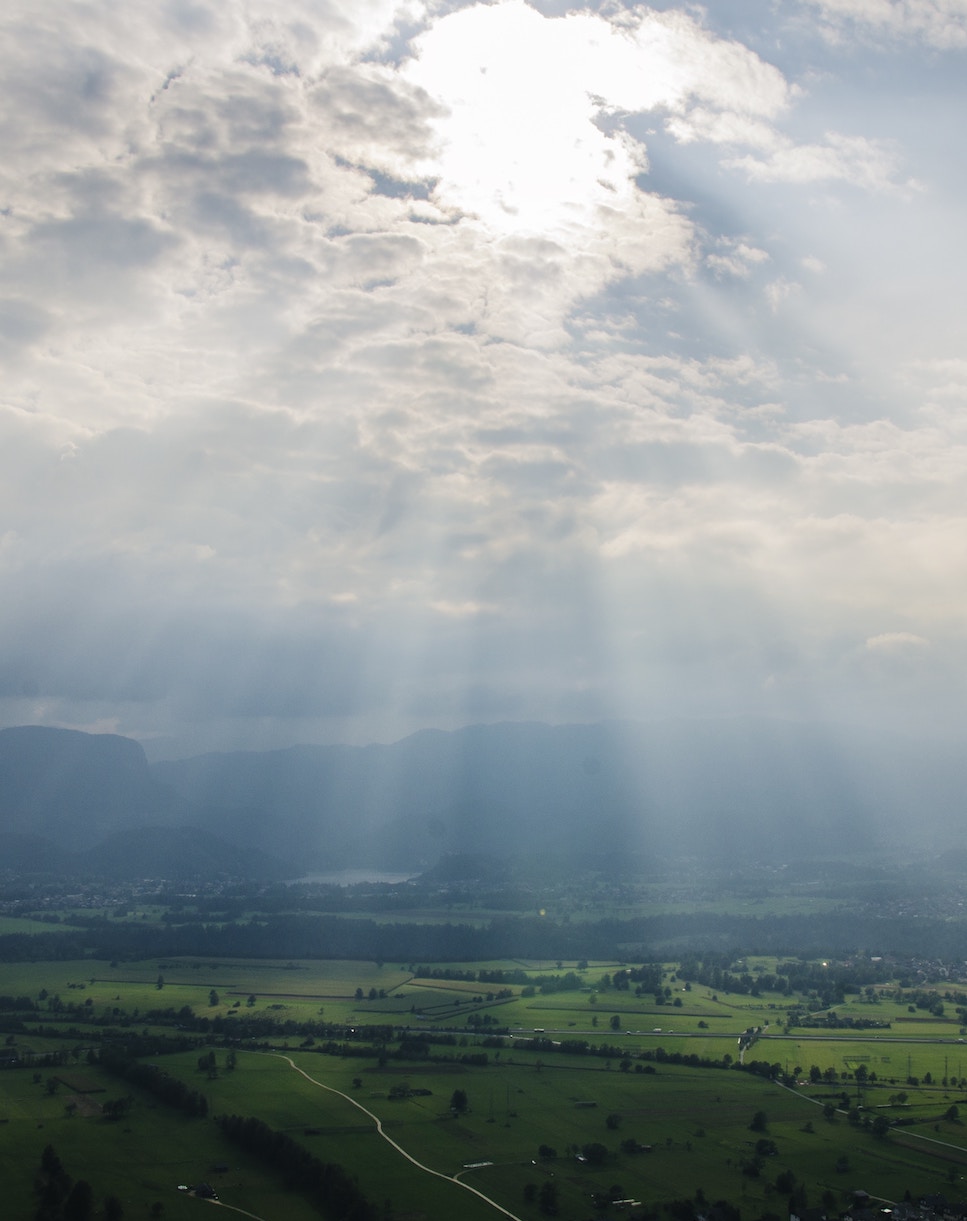Words cannot contain the vast sadness of what happened in Orlando on June 12, 2016. So many lives ended, so many more now confronting the loss of loved ones, the inexhaustible specificity of each person’s world. What we see as a single event in fact contains thousands of events, the stories and realities of those who were murdered, and of their families, partners, friends, acquaintances, coworkers, neighbors, and even pets, the impact to those who survived and those who responded. Enough vastness to defeat the mind, overwhelm the heart, and stifle the voice, all those fragments, each in their own right a universe of feeling and potential, now piercing the surface of our own realities as painful shards. But we can also open ourselves to these shards and cultivate them as seeds, not as ashes but as sparks to bring about a better world.
Often, we close ourselves off to the multiplicity of tragedies by looking for easy answers. We neatly package them in our hearts as one single event, unable to embrace the diversity of effects and equally reluctant to accept their many, many causes. Since Sunday morning, I’ve seen so many people grasping for the comfort of a single explanation, be it gun control, radical Islam, fundamentalism more broadly, homophobia, mental illness, domestic security, racism, or any other master narrative that helps it all make sense. But I don’t think making sense of it with a pre-existing explanation helps beyond one’s personal solace. All of these factors and many more converged at a single point in time, a confluence of forces with a tragic outcome which, too, splits off into more outcomes than any one of us comprehend to its full depth. This closed grief, however, also closes off the opportunity to create change.
We can accomplish so much more if we nurture open grief. Instead of closing ourselves off with convenient explanations and consoling tropes, let’s maintain a radical openness, in order to do full honor to all effects and causes. Beyond a call for just respect, however, our openness breaks more fertile ground for cultivating seeds of action. As a society, and as parts of the many interdependent tribes that compose it, we need this. We need everyone’s engagement to combat the many forces that lead to death instead of to kindness. If we only address one or a small few, the others will still come together and conspire with new allies to inflict hatred and pain. We can’t let our rightful, righteous anger at what happened tempt us into denigrating other people’s efforts to pursue change and prevent something similar from happening again. If we can’t commit ourselves to the struggles that our friends choose as their means to promote change, we can at least support them as allies who empathize with their commitments to change.
Similarly, at times like this, we can use our own open grief to reflect on what we can do for a better future. Let singers sing, let writers write, let doers do, let thinkers think, and let none of us look down on how our fellow humans choose to respond. In open grief, we look to our own most powerful tools, and we embrace the special powers of those around us. We can all acknowledge and encourage each other’s power, at our best, rather than scold each others efforts, at our most frustrated. And we cannot defeat the causes of our grief by tapping into the same sort of rigid absolutisms that led to it.
In short, none of us has the answer, but we all have the power. When we grieve openly, showing our sadness, and knowing the sadness of others, we channel that power in tangible ways towards creating a kinder world.
To learn more about the victims’ lives, see this interactive feature in The Guardian.

